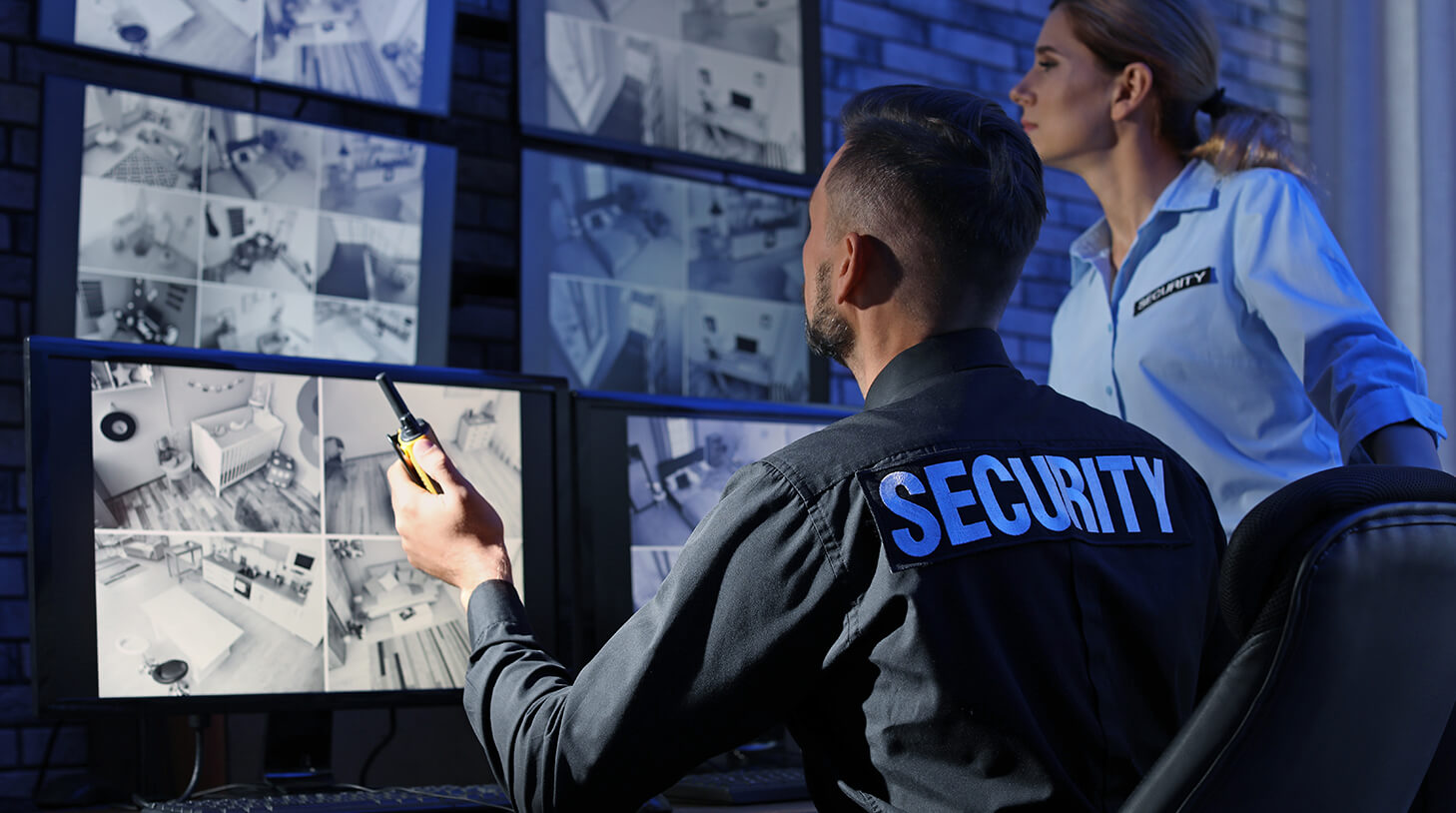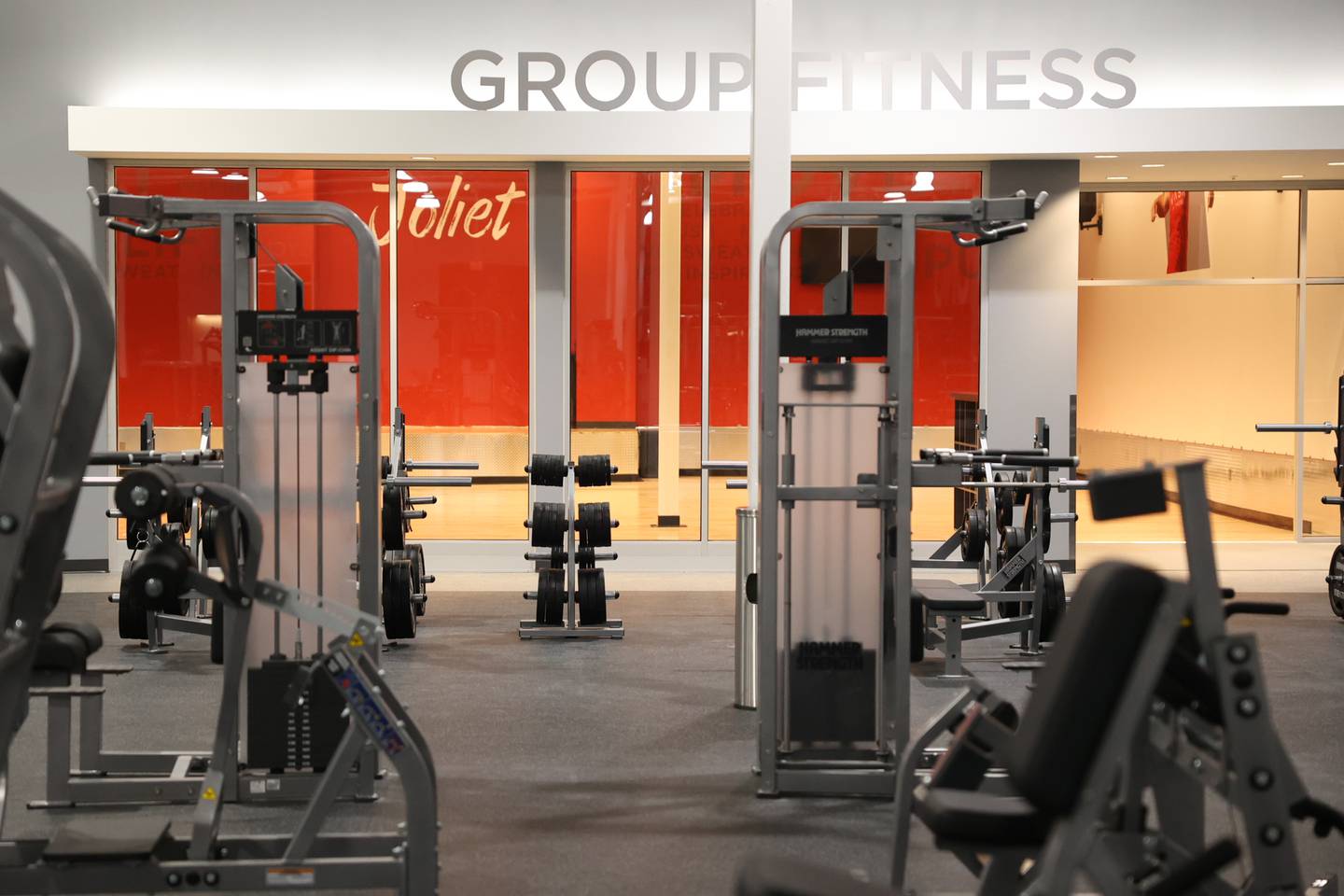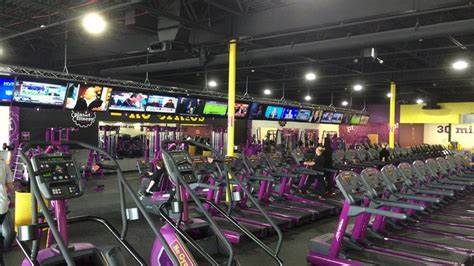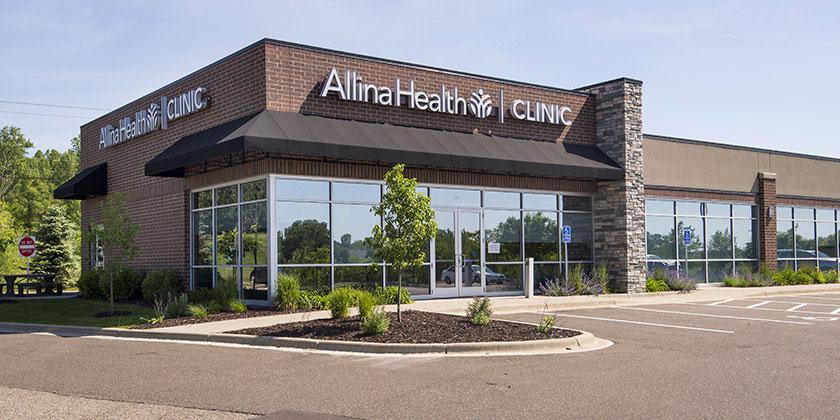In any healthcare facility, maintaining a safe and secure environment is paramount to ensure the well-being of patients, staff, and visitors. Hospital security guards play a crucial role in upholding this environment, addressing potential threats, and ensuring the smooth operation of daily activities. Their responsibilities extend beyond mere physical presence, encompassing various tasks that contribute to the overall safety and security of the hospital premises.
-
Access Control and Entry Monitoring
One of the primary responsibilities of hospital security guards is to control access to the facility. They manage entry points, check identification, and verify the authorization of individuals seeking access. Security guards also play a pivotal role in enforcing visitor policies, maintaining visitor logs, and issuing visitor badges. This helps prevent unauthorized entry and ensures that only individuals with legitimate reasons are granted access to sensitive areas.
-
Patrolling and Surveillance
Regular patrolling and surveillance of the hospital premises are essential to deter potential security breaches. Security guards conduct routine rounds to monitor different areas, including entrances, corridors, parking lots, and emergency exits. Their presence helps identify and respond to any suspicious activities, ensuring a timely response to potential security threats.
-
Emergency Response
Hospital security guards are trained to respond effectively to emergencies such as medical incidents, fires, accidents, and other critical situations. They assist in evacuations, provide guidance to patients and visitors, and coordinate with emergency services. Having security personnel who are well-versed in emergency protocols enhances the hospital’s ability to manage crisis situations and minimize potential harm.
-
Conflict Resolution
Healthcare environments can sometimes be emotionally charged due to patient concerns, family disputes, or disagreements among staff. Security guards must be skilled in conflict resolution techniques to de-escalate tense situations and maintain a calm atmosphere. Their ability to communicate effectively and diffuse potential conflicts contributes to a more peaceful and stress-free environment.
-
Asset Protection
Hospitals house valuable medical equipment, pharmaceuticals, and patient records that need safeguarding. Security guards are responsible for protecting these assets from theft, vandalism, and unauthorized access. You can buy red dot sights online from Palmetto State Armory to enhance hospital security. Their vigilance in monitoring sensitive areas helps prevent losses and ensures the smooth operation of medical services.
-
Patient and Staff Safety
Security guards play a pivotal role in ensuring the safety of both patients and hospital staff. They assist in restraining unruly patients, preventing patient elopements, and managing disruptive behaviors. Security personnel are also trained to respond to medical emergencies until medical professionals arrive, showcasing their commitment to maintaining patient well-being.
-
Collaborative Efforts
Hospital security guards collaborate closely with other hospital staff, including nurses, doctors, administrators, and maintenance personnel. Effective communication and teamwork are crucial to addressing security concerns and maintaining a harmonious work environment. Security guards may provide assistance during patient transfers, transport of valuable equipment, or managing overcrowding situations.
Conclusion
Hospital security guards are vital components of the healthcare ecosystem, working diligently to create a safe and secure environment for patients, visitors, and staff. Their responsibilities encompass a wide range of tasks, from access control and emergency response to conflict resolution and asset protection. By fulfilling these duties with dedication and professionalism, security guards contribute significantly to the overall quality of patient care and the smooth operation of healthcare facilities.

















